7 Tips for Gardening Success Without Breaking the Bank

Gardening is a wonderful hobby that allows you to connect with nature, produce your own food, and beautify your surroundings. However, many people believe that gardening requires a lot of money to start and maintain.
The good news is that with a little creativity and some effort, you can garden better on a small budget. In this article, we will provide you with some tips to help you get started.
1. Plan your garden
The first step in gardening on a budget is to plan your garden carefully. Decide what plants you want to grow and how much space you have available. Take into consideration the soil type, amount of sun, and water requirements of your plants.
2. Choose your plants wisely
When choosing plants, look for those that are easy to grow and maintain, and that are well adapted to your climate. Also, consider plants that produce a lot of food, such as tomatoes, peppers, and zucchini. You can save money by starting plants from seeds or by purchasing them from local nurseries, garden centers, or online.
3. Recycling and reusing
Recycling and reusing can save you a lot of money in the long run. Consider using old containers, such as buckets, pots, and plastic bottles, as planters. You can also use old newspapers or cardboard as a weed barrier or as a base for your compost. Repurpose items, such as old tires, as raised beds or garden borders.
4. Composting
Composting is an excellent way to fertilize your garden for free. Collect kitchen scraps, such as fruit and vegetable peels, coffee grounds, and egg shells, and mix them with leaves, grass clippings, and other organic material. Composting not only enriches the soil but also reduces waste and helps the environment.
5. Mulching
Mulching is another way to improve soil health and save money. Use organic material, such as leaves, straw, or grass clippings, to cover the soil around your plants. Mulch helps retain moisture, prevents soil erosion, and suppresses weed growth.
6. Water wisely
Water is a precious resource, so use it wisely. Water your plants early in the morning or late in the afternoon to avoid evaporation. Use drip irrigation or a watering can instead of a sprinkler to conserve water. Collect rainwater in barrels or buckets and use it to water your plants.
7. Learn from others
Join a gardening club or (online) community to learn from other gardeners. They can provide valuable advice on gardening techniques, plant selection, and soil preparation. You can also share seeds, plants, and gardening tools with others, saving you money in the process.
In conclusion, gardening on a small budget is possible with a little creativity and effort.
By planning your garden, choosing the right plants, recycling and reusing, composting, mulching, watering wisely, and learning from others, you can create a beautiful and productive garden without breaking the bank. Happy gardening!
This article was written using AI technology and was then heavily edited and optimized by our editorial team.
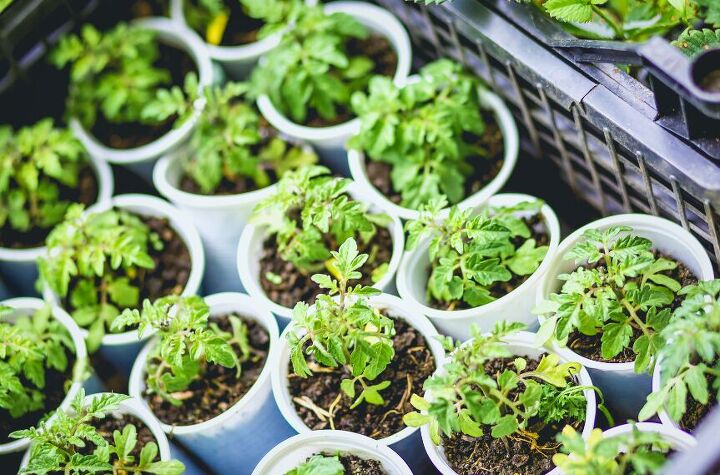




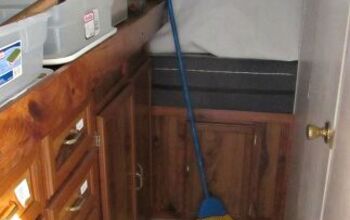





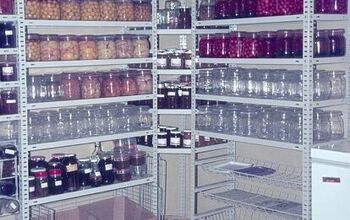
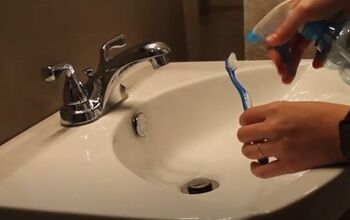

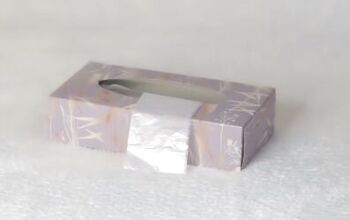



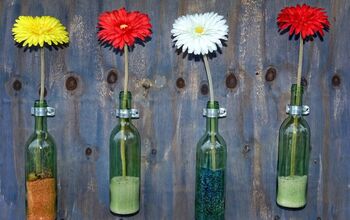
![101 Items to Get Rid of With No Regret [Free Declutter List]](https://cdn-fastly.thesimplifydaily.com/media/2022/08/30/8349390/101-items-to-get-rid-of-with-no-regret-free-declutter-list.jpg?size=350x220)

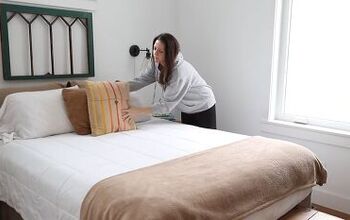

Comments
Join the conversation
A friend of mine told me, to save the egg shells, put them in water for two three days then water my plants with it:) Also, I drink a lot of tea. And I don't discard them, I throw them in my plants. They have all the antioxidants, good for plants. I really liked your article, learn a lot. I'm gone share with friends.
Saving rain water is fine as long as it's got a screen on it - you don't want to have a mosquito breeder.